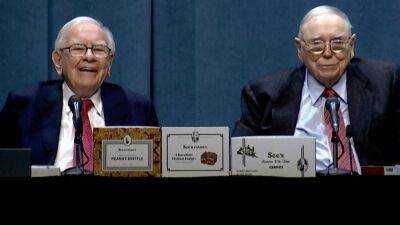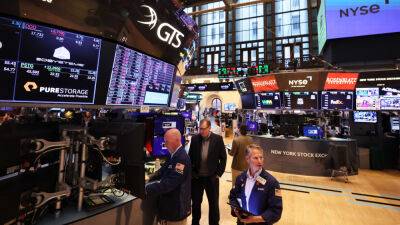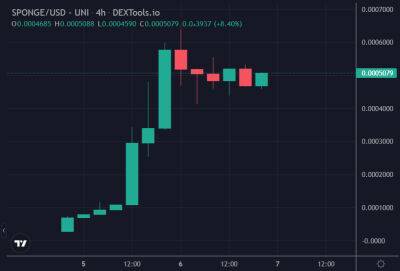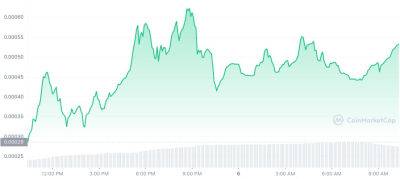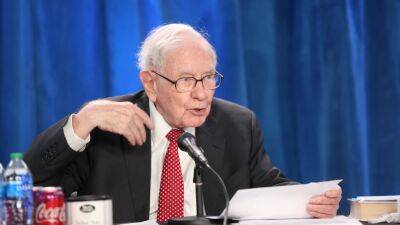Egg prices crashed 11% in March — and more relief may follow
Egg prices fell by almost 11% in March, the U.S. Bureau of Labor Statistics said Wednesday, following a 7% decline in February and delivering relief from record-high prices over the winter.
The decrease is largely due to a recovery in egg production and weaker consumer demand, said Brian Moscogiuri, global trade strategist at Eggs Unlimited, an egg supplier.
Egg prices rose more than those of almost any other consumer good or service last year, in percentage terms. In a sign of the times, comedian Trevor Noah asked popstar Taylor Swift at the Grammy Awards in February if her fans could help reduce the high price of eggs.
More from Personal Finance: Here's the inflation breakdown for March 2023 — in one chart This strategy could shave thousands off the cost of college Why travel to Europe is no longer as much of a bargain
Consumers paid $4.21 for a dozen Grade A, large eggs in February, on average, according to most recent federal data. That's more than double the price in February 2022, when a dozen eggs cost $2, but is down 61 cents from $4.82 in January 2023, which was a record high.
The U.S. suffered its deadliest outbreak of bird flu in history in 2022. The disease — which is highly contagious and lethal among birds — killed tens of millions of egg-laying hens.
There hasn't been a confirmed case at commercial egg farms since December, and supply has rebounded, Moscogiuri said.
Consumer demand has also been relatively weak, he added. Egg prices typically rise leading up to Easter, generally the second-strongest demand season behind the winter holidays; this year, the religious holiday fell on April 9.
But Easter 2023 was somewhat of a «dud,» Moscogiuri said. To reduce costs, decorating Easter potatoes caught on as an
Read more on cnbc.com






